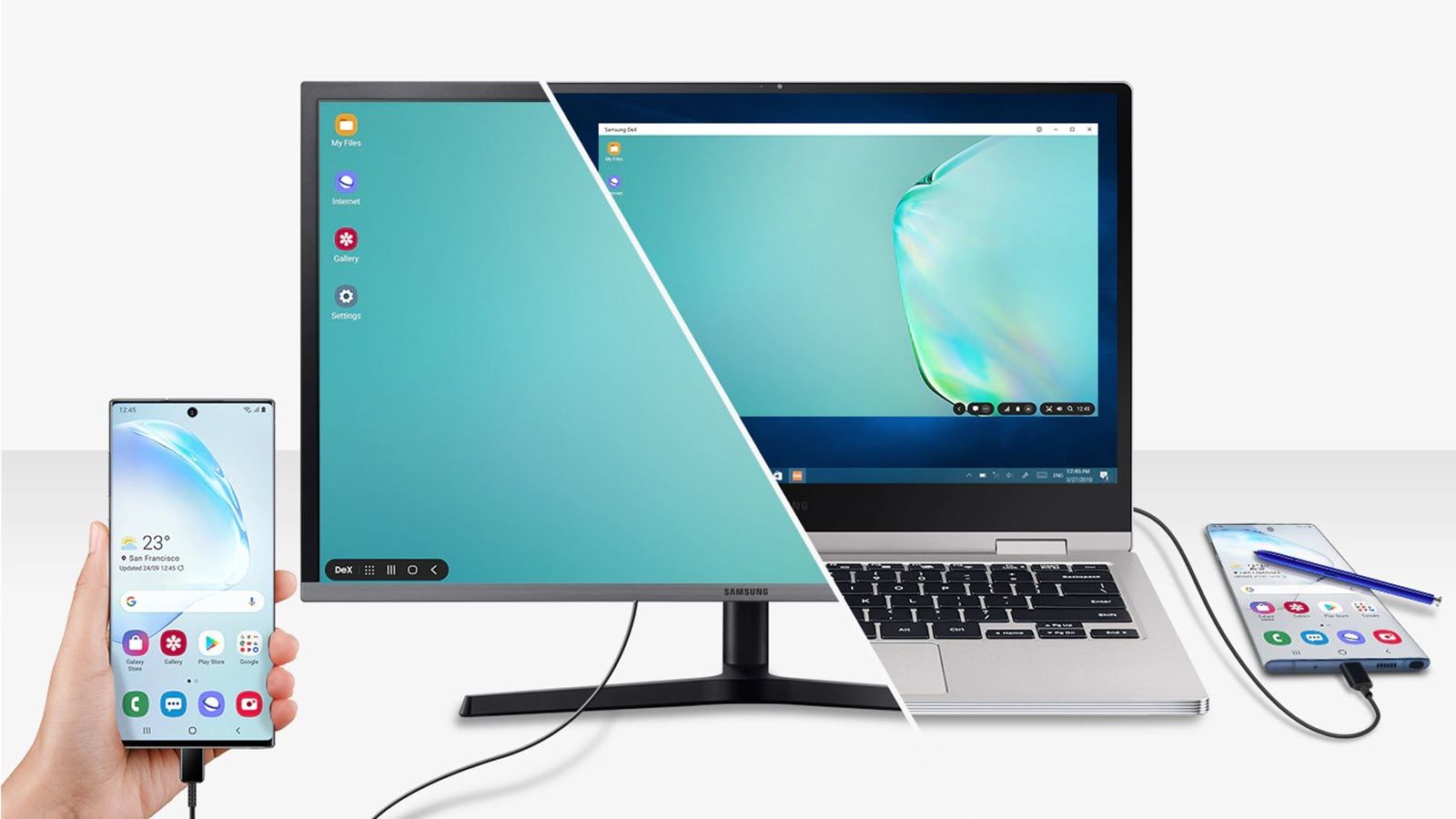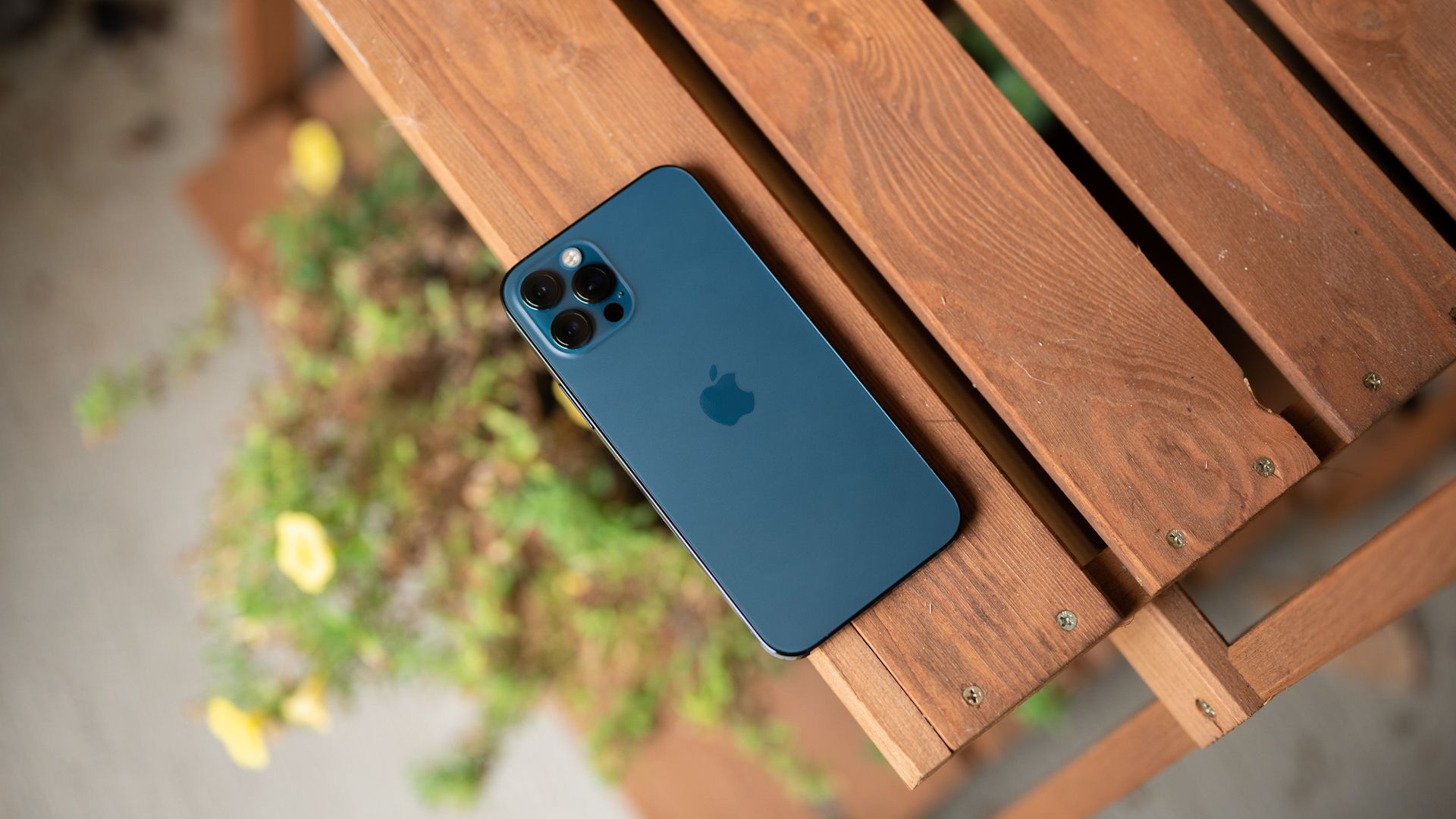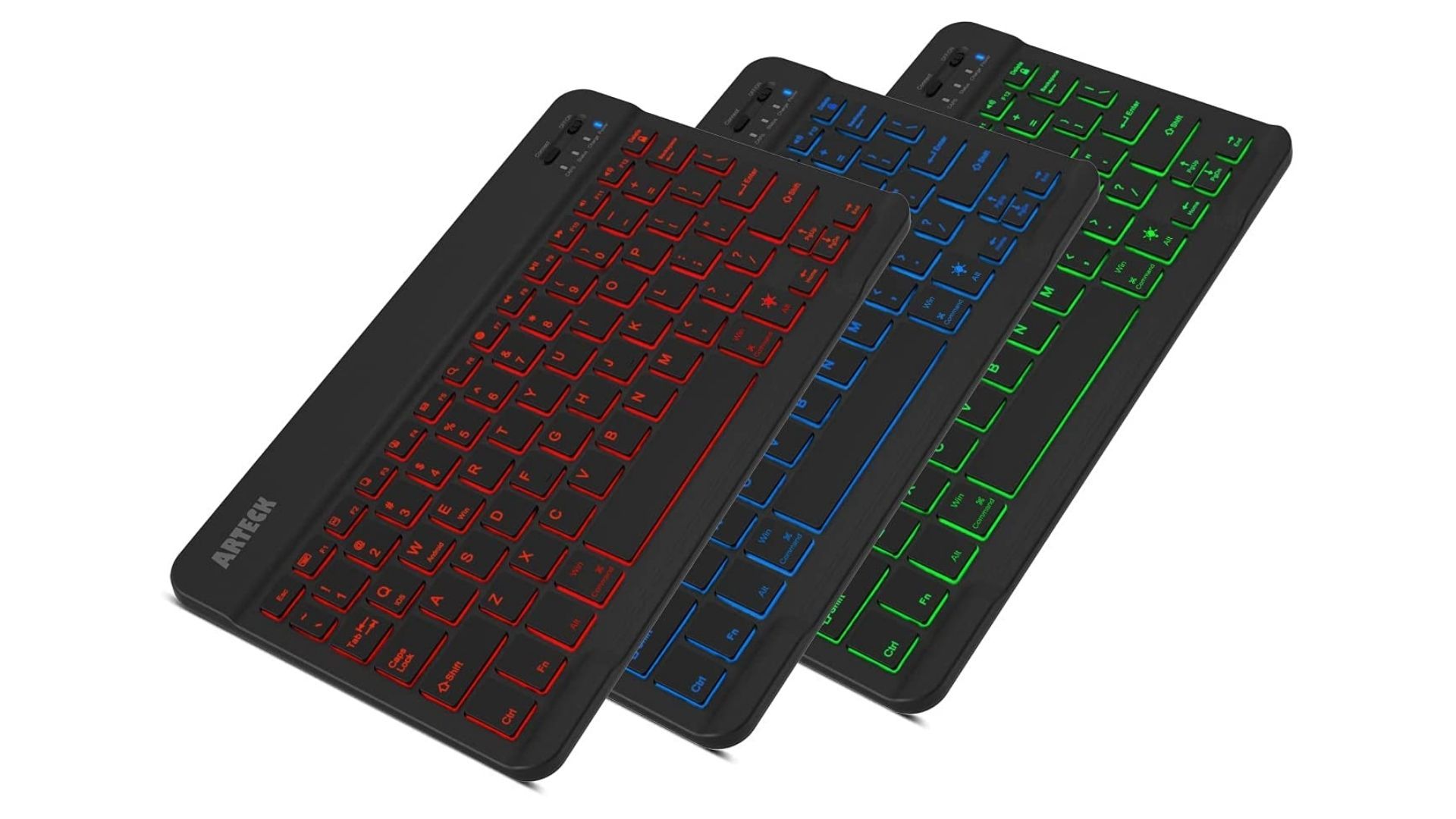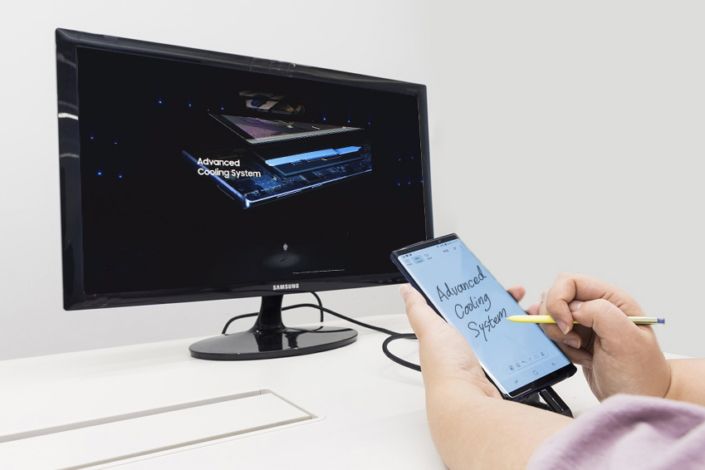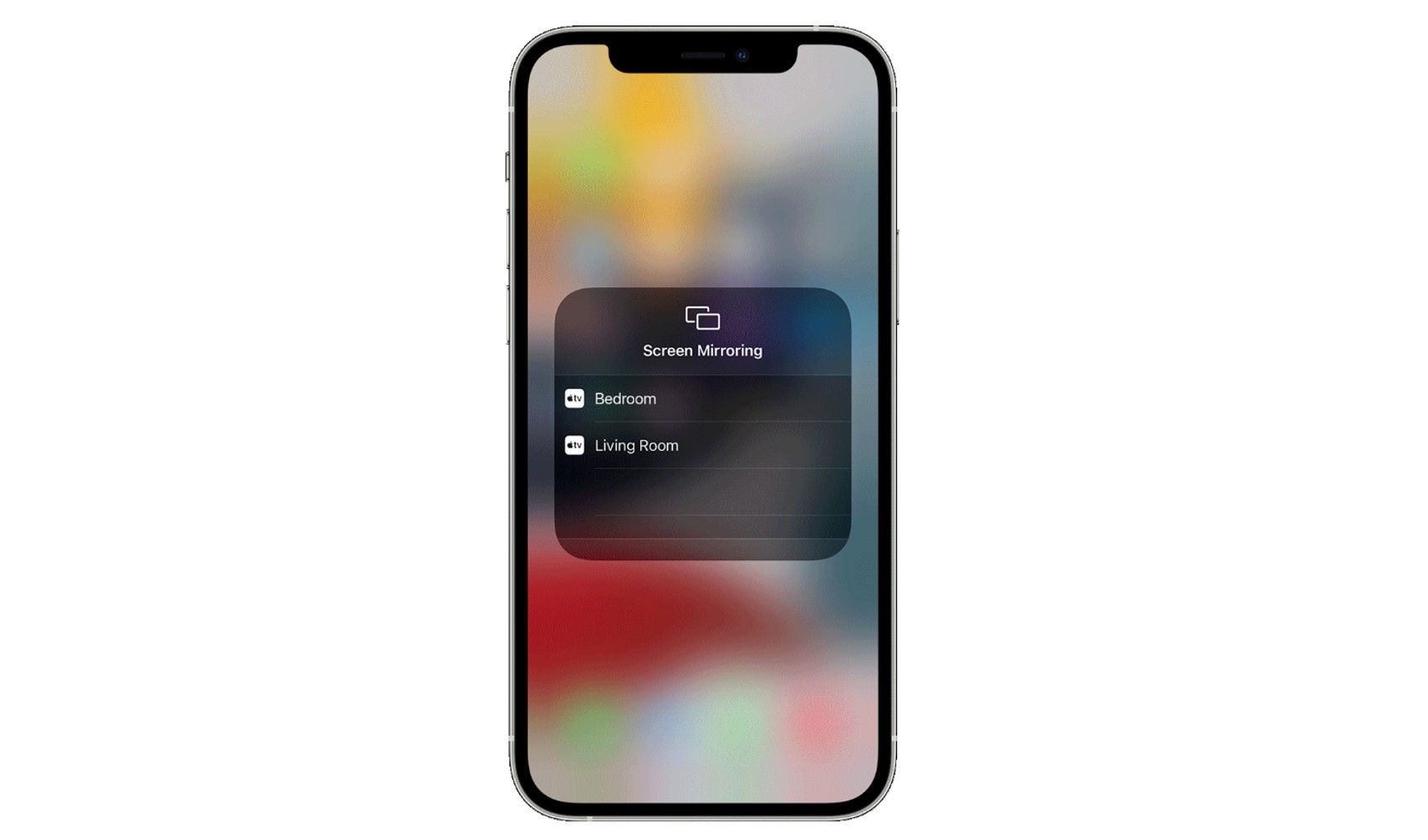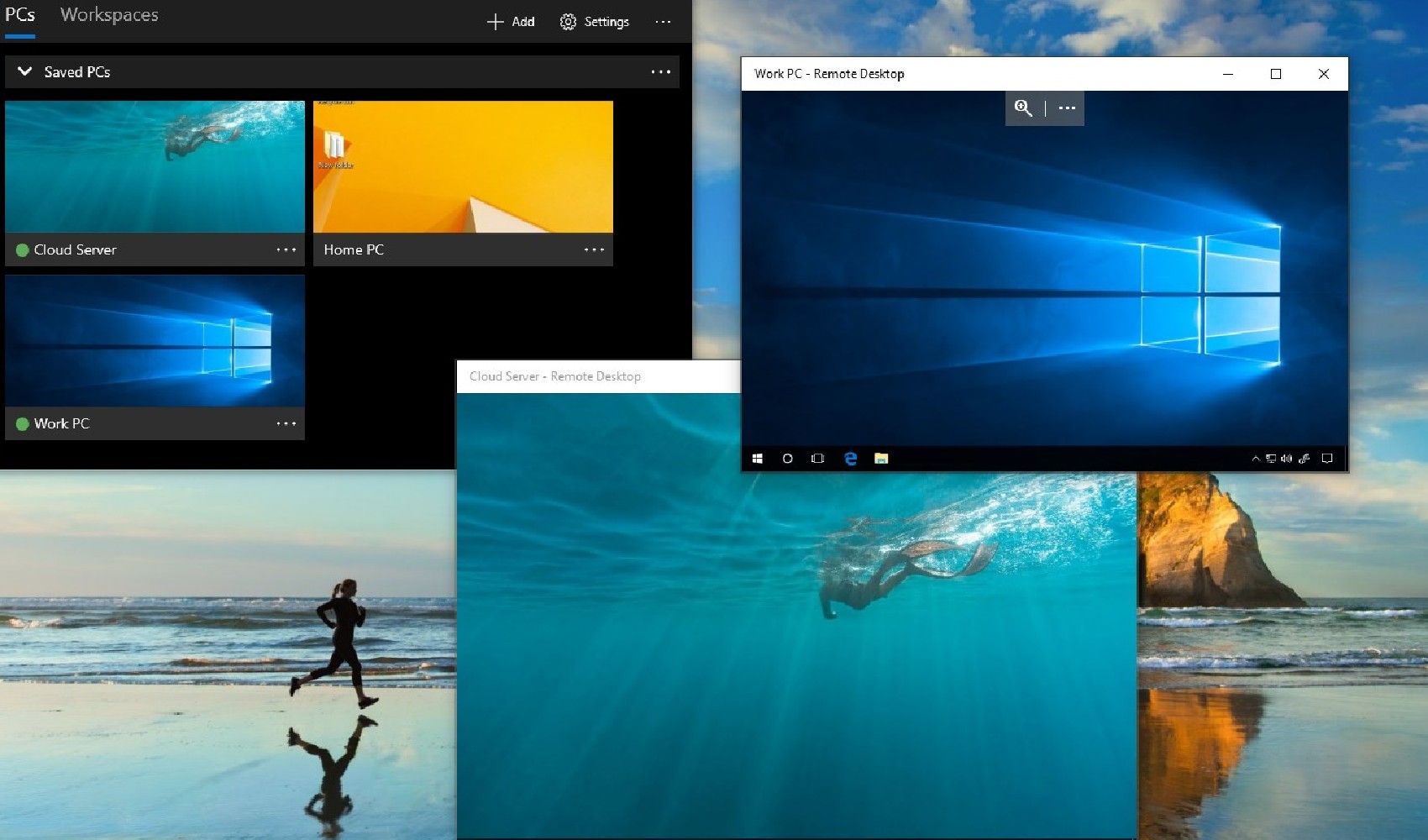Quick Links
Phones have become increasingly more powerful over the years. Nowadays, even a low-end smartphone has more power than a standard PC or laptop from a decade ago. So why can't you use your phone in place of a computer?
The good news is you can. There are several ways to use your phone as an alternative to a traditional computer and plenty of reasons you should consider doing so. Phones are far more portable, you're likely to always have one with you, and if your phone meets all your computing needs, it may even save you a few hundred dollars.
Your Phone on its Own Probably Isn't Enough
While your smartphone may have enough power to complete most of the everyday tasks you rely on your PC for, it has some severe limitations. The primary issues center around the device's input methods. Sending a text or tweet without typos can be challenging, so writing a few thousand words on your phone's keypad would be an absolute nightmare. And that's without even taking the thumb strain into account.
Some phones, like the Samsung Galaxy S22 Ultra, are designed with more extensive working use in mind. The S22 Ultra comes with a stylus, which offers an additional input method. You can use the stylus to write, as you would with a regular notepad, and an app will turn those squiggles into typed text. Although the handwriting apps occasionally make mistakes, it is a much more comfortable way to write longer documents on your phone. But it still isn't a keyboard and isn't an efficient way to write more than a couple hundred words.
Bluetooth Keyboards are a Game-Changer
Luckily, Bluetooth keyboards are widely available and simple to connect with your phone. Several manufacturers build keyboards with smaller devices like phones and tablets in mind, so many portable options are on the market. Ultimately, there is a tradeoff between functionality and portability.
You can purchase a folding keyboard that collapses into a package small enough to fit in your pocket --- but it probably isn't the most comfortable thing to type on. Equally, you can take a full-sized keyboard around with you, though you may want to consider a laptop at that point. There are also plenty of options, so you can easily find something right for you.
Connecting a mouse to your phone via Bluetooth may seem pointless, but it is worth considering. Yes, you can use the touchscreen, but not having to lean in whenever you want to select something helps with your workflow and saves you a bit of back strain. Equally, the pointer helps with precision and can save you a lot of frustration when working on a tiny phone screen.
Other useful accessories include a phone stand and a way to keep the battery full during long working sessions. I use a flip-open style phone case that doubles as a phone stand in a pinch. You may get by with the charger the phone came with, but a small power bank is a worthwhile investment if you don't want to risk your phone dying when you don't have access to a wall outlet.
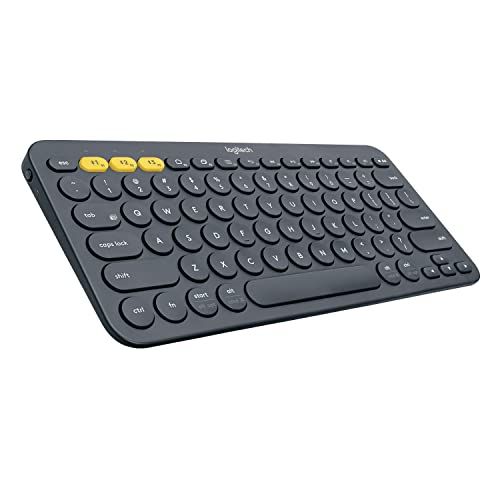
Logitech K380
Logitech's K380 keyboard offers a good balance between quality, size, and cost. Up to three devices can also be connected to the keyboard,
Samsung Takes Things a Step Further
If the concept of using your phone as a PC intrigues you, and you own a compatible Samsung phone, you're in luck. The Korean company has embraced the concept of using a smartphone as a PC since the release of the Galaxy S8 in 2017. As a result, Samsungs are far ahead of the competition regarding this concept.
Samsung's DeX or "desktop experience" mode initially required a specialist docking station, but now all you need is a Bluetooth keyboard and mouse, along with an HDMI to USB C adapter so you can wire your phone to a monitor or other display device. The optimized OS will launch automatically, and you can use it for most standard tasks for which you would use a PC or laptop. It is unsuitable for gaming and video editing tasks, but office work, video calls, and writing are within the phone's limits. DeX is compatible with all of Samsung's Galaxy series phones from the S9 onwards, along with several Samsung Notes and tablets. Some tablets don't need a monitor and can launch DeX on their built-in displays.
Regular Android and iOS Users Have Options Too
While Samsung's DeX is the most polished way to use your phone as a computer, a DeX-type setup is also possible on generic Android phones and iPhones. Unfortunately, these options are nowhere near as streamlined. They require additional equipment, apps, and some degree of technical know-how.
If your phone runs Android 10 and supports "display port alt mode," you can try enabling "Desktop Mode" in the developer settings menu. Once enabled, you're still far from done and will have to install an APK, install Android Debug Bridge, install an app called Second Screen, and run a line of code. Desktop mode's functions are limited, and no support or help is currently available from Google. Pixel 4 users will also be unable to access desktop mode. It probably isn't worth bothering with until Google decides to implement it as a feature properly.
iPhone users can connect their phones to a monitor with a Lightning to DVA or Lightning to Digital AV adapter before pairing a mouse and keyboard via Bluetooth. However, the display will mirror the iPhone's screen, and there isn't an optimized OS you can use to make life easier.
Alternatively, you can cast your phone to a TV using Apple TV or a Chromecast. Make sure your phone is on the same Wi-Fi network as the device you intend to cast to and select the mirroring option on iPhone or the cast screen option from the Google Home app on Android.
A Phone Can Make Your Desktop Portable
Desktop PCs are powerful, but that often comes at the expense of portability. However, you can use your PC remotely from your phone, and the software you use to make it happen is often free. Alternatives are available, but Microsoft Remote Desktop offers a way to access your home computer or laptop from any approved device with an internet connection. In theory, this means your phone is as powerful as your main PC, has access to all of its files, and can use any programs you have installed on it.
To get started, download Microsoft's Remote Desktop assistant on the computer you want to use and their remote desktop app on the device you wish to access the computer from. The assistant will help you get the two devices connected. Then ensure your PC is on and remote desktop assistant is running when you want to access it from your smartphone.
This is all great in theory, but it's worth pointing out that Remote Desktop can have issues and drawbacks like all software. Slow or poor connections will cause problems such as lag spikes. Your desktop also has to be on for this to work, so if it's been shut down or is unplugged at any point, you'll have a lot of trouble getting a connection set up. Equally, if the remote desktop program crashes, you'll have to get someone to relaunch it before you can get back to work. Still, the ability to remotely use your PC is a game-changer and worth working around any issues you may encounter.
It's The Perfect Backup Solution
You should try using your phone instead of your PC once or twice so that you know it's there for you if you need it. If you have some work due and you've managed to destroy your computer, your phone might be all you need to bail yourself out of the situation.
Apps can also play a large part in your experience. Microsoft and Google's office software is available in app form, and each app works as well as its desktop version. Depending on personal preference, you may have an easier time using email apps and video calling with a phone than with a PC or Mac.
You can also use the time to settle on what you may be doing with the phone and what accessories will help you accomplish that. From a personal standpoint, I use my phone and a Bluetooth keyboard as a lighter alternative to my laptop when I'm traveling. Whatever you decide, phones are a viable option when it comes to most tasks, and they'll only get better as time goes on.

